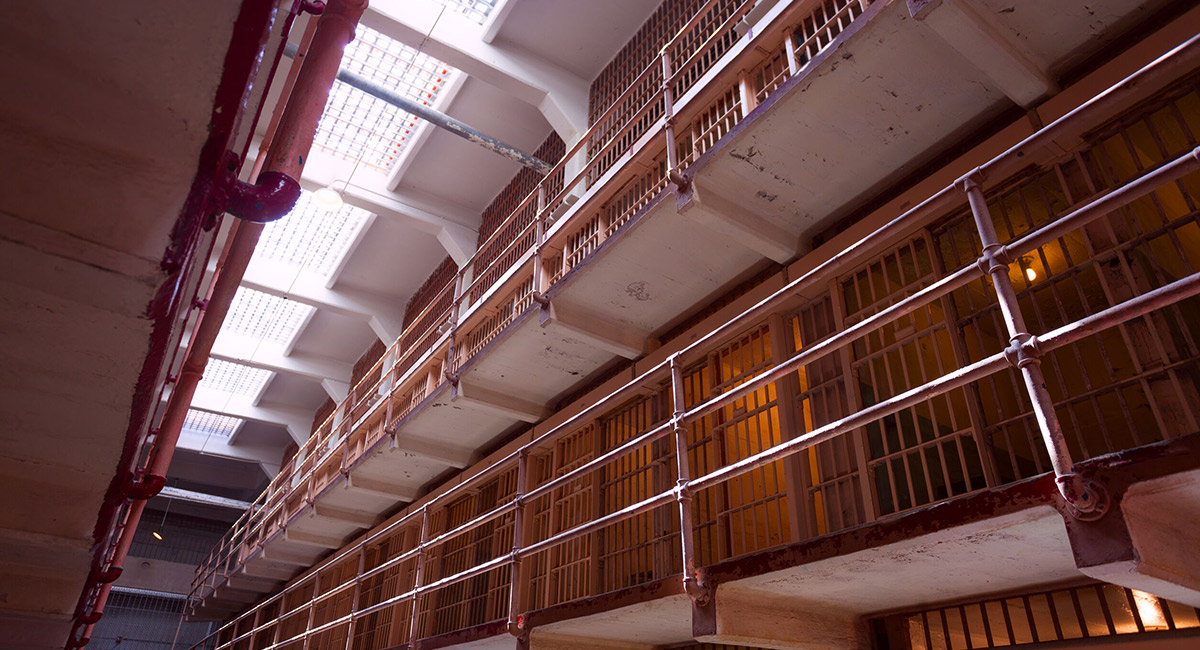The Wall Street Journal and other news outlets are reporting that President Biden is issuing pardons to people with federal marijuana possession convictions. A lot of other restrictions, rules, and regulations remain in place, but the administration’s announcement is a step in the right direction. Across the country and at all levels, governments should consider more policies that move toward ending the drug war entirely.
First, every election cycle, a new state or municipality seems to legalize recreational marijuana use. It’s time for the federal government to make a graceful exit and forfeit its presumed control over what people can put in their bodies.
Note what that doesn’t mean. It doesn’t mean anyone can use any drug anywhere. Someone who wants to do so on my front porch would need permission (they wouldn’t get it). The same goes for anyone who wants to do so at a fast-food restaurant. Owners retain the right to decide what is and is not acceptable behavior on their property. If a business wants to allow people to smoke pot while waiting for their order, fine; however, I doubt a restaurant would look kindly at that scenario.
Second, as I wrote a decade ago, “Prohibition is a textbook example of a policy with negative unintended consequences.” The quantity of drugs demanded is not especially sensitive to changes in prices, which means that interdiction and prohibition increase the amount of money to be made in the illicit drug trade. Higher prices more than make up for lost volume.
Third, we can expect a “drug war peace dividend”: governments that stop policing the marijuana trade save money they can return to taxpayers.
Fourth, it’s anything but clear that removing marijuana from the list of Schedule 1 drugs will leave us in a drug-addled dystopia. If it would, people would be fleeing places where weed is legal. A July 2018 paper in the journal Economic Inquiry (which I discuss here) estimates that legal pot in Colorado meant 6% higher home values, holding everything else constant.
Fifth, we could expect lower crime rates. If people in my neighborhood who wanted marijuana could buy it at a nearby convenience store or pharmacy, they wouldn’t have to buy it under cover of night and our local park would be a safer place after dark.
Pot possession pardons are a good first step, but elected officials shouldn’t stop there. The drug war has been a disaster, and the country should keep moving closer to ending it.









